Crimean Tatars are the peninsula's Muslim minority. They were deported en masse to Siberia and central Asia under Soviet leader Joseph Stalin, and gradually began returning only after the fall of the Soviet Union in 1991.
In the city of Lviv, across Ukraine from the crisis gripping Crimea, a group of Tatars fleeing the troubled peninsula disembarks on a train platform looking for security away from Russian forces.
"I'm scared for my children as long as Russian soldiers are in Crimea," said a young Tatar mother accompanied by her three children, aged two to five.
"Here I feel safe," she added, one of 200 Crimean residents who have accepted an invitation from Lviv authorities to come and stay in this bastion of Ukrainian nationalism in the west of the country near the Polish border.
Crimea, a Russian-speaking autonomous region of Ukraine, has come under the de facto control of Russian forces, and its regional parliament has unanimously voted to join Russia – raising the spectre of the break-up of Ukraine.
Most of the Crimean residents now arriving in Lviv are Tatars, the peninsula's Muslim minority, which was deported to Siberia and central Asia under Soviet leader Joseph Stalin and returned after the fall of the Soviet Union in 1991. For them, the creeping advance of Russian forces since late February has been especially alarming.
In Lviv, new arrivals were greeted by Petro Kolodiy, head of the regional council, which has set up a hotline for anyone wishing to relocate to the city. "Like all Ukrainians, you are in a difficult situation created by the Kremlin. Lviv extends its hand to you," he told the newcomers.
Not only the authorities but the local population have opened their arms to 500 Crimeans, with hotel and spa owners even offering to host them for free.
"When I was little, my grandmother told me that Lviv had welcomed people from eastern Ukraine during the great famine (in 1932-1933) and shared their last piece of bread with them," said Kolodiy. "Today, we're trying to offer the Crimeans what we can."
Ready for guerrilla war
Besides Tatars, families of Ukrainian soldiers in Crimea are also arriving in Lviv. A flag of the Ukrainian navy – offered to Lviv's mayor by a reserve officer – now flies above city hall as a sign of solidarity with Ukrainian soldiers.
Since the ousting of Ukraine's pro-Moscow president Viktor Yanukovych last month, Russian forces have surrounded several Ukrainian bases in Crimea, with skirmishes erupting in some spots. Moscow has denied sending any troops to the disputed region but insists it will protect its citizens.
In a video message, Lviv Mayor Andriy Sadovy appealed to Crimeans not to believe Russian propaganda that said Moscow needed to defend its people on the peninsula against alleged western Ukrainian extremists. "If you expect armed men from the west, I can reassure you: we want a peaceful development for all of Ukraine," he said, speaking in Russian, the better to reach Crimea's majority Russian-speaking population.
Ukraine is in effect divided between a mostly pro-Moscow east and a more pro-European west that includes Lviv and the capital Kiev.
Alim Aliyev, the Crimean Tatars' representative in Lviv, said he was optimistic about the region's future. Tatar men were sending their families away so they could dutifully defend their land, he said. "As long as Tatars are in Crimea, Crimea will remain part of Ukraine," he said.
Tatars will launch a guerrilla war against the Russian forces if they do not pack up and leave the region, Aliyev warned. "We will dance the haytarma and the hopak (traditional Tatar and Ukrainian folk dances) on the ruins of Putin's post-imperialist ambitions," he said.
![submenu-img]() Meet actress who is set to work in India's most expensive film, started career with superhit TV show, then gave..
Meet actress who is set to work in India's most expensive film, started career with superhit TV show, then gave..![submenu-img]() Hansal Mehta reacts to Sahara Group calling his series Scam 2010 The Subrata Roy Saga 'abusive act, cheap publicity'
Hansal Mehta reacts to Sahara Group calling his series Scam 2010 The Subrata Roy Saga 'abusive act, cheap publicity'![submenu-img]() Meet actor, who was once Aamir, Shah Rukh's rival, never became superstar, worked as hotel manager, is now...
Meet actor, who was once Aamir, Shah Rukh's rival, never became superstar, worked as hotel manager, is now...![submenu-img]() 9 killed, 24 injured as bus catches fire in Haryana's Nuh
9 killed, 24 injured as bus catches fire in Haryana's Nuh![submenu-img]() Meet actress who started career with Ranveer, Deepika, is married to man with Rs 53,800 crore net worth, husband is..
Meet actress who started career with Ranveer, Deepika, is married to man with Rs 53,800 crore net worth, husband is..![submenu-img]() Meet IIT graduates, three friends who were featured in Forbes 30 Under 30 Asia list, built AI startup, now…
Meet IIT graduates, three friends who were featured in Forbes 30 Under 30 Asia list, built AI startup, now…![submenu-img]() Meet woman who cracked UPSC in fourth attempt to become IAS officer, secured AIR...
Meet woman who cracked UPSC in fourth attempt to become IAS officer, secured AIR...![submenu-img]() Meet IIT JEE 2024 all-India girls topper who scored 100 percentile; her rank is…
Meet IIT JEE 2024 all-India girls topper who scored 100 percentile; her rank is…![submenu-img]() Meet PhD wife of IIT graduate hired at Rs 100 crore salary package, was fired within a year, he is now…
Meet PhD wife of IIT graduate hired at Rs 100 crore salary package, was fired within a year, he is now…![submenu-img]() Meet woman not from IIT, IIM or NIT, cracked UPSC exam in first attempt with AIR...
Meet woman not from IIT, IIM or NIT, cracked UPSC exam in first attempt with AIR...![submenu-img]() DNA Verified: Is CAA an anti-Muslim law? Centre terms news report as 'misleading'
DNA Verified: Is CAA an anti-Muslim law? Centre terms news report as 'misleading'![submenu-img]() DNA Verified: Lok Sabha Elections 2024 to be held on April 19? Know truth behind viral message
DNA Verified: Lok Sabha Elections 2024 to be held on April 19? Know truth behind viral message![submenu-img]() DNA Verified: Modi govt giving students free laptops under 'One Student One Laptop' scheme? Know truth here
DNA Verified: Modi govt giving students free laptops under 'One Student One Laptop' scheme? Know truth here![submenu-img]() DNA Verified: Shah Rukh Khan denies reports of his role in release of India's naval officers from Qatar
DNA Verified: Shah Rukh Khan denies reports of his role in release of India's naval officers from Qatar![submenu-img]() DNA Verified: Is govt providing Rs 1.6 lakh benefit to girls under PM Ladli Laxmi Yojana? Know truth
DNA Verified: Is govt providing Rs 1.6 lakh benefit to girls under PM Ladli Laxmi Yojana? Know truth![submenu-img]() Sunanda Sharma exudes royalty as she debuts at Cannes Film Festival in anarkali, calls it ‘Punjabi community's victory’
Sunanda Sharma exudes royalty as she debuts at Cannes Film Festival in anarkali, calls it ‘Punjabi community's victory’![submenu-img]() Aishwarya Rai walks Cannes red carpet in bizarre gown made of confetti, fans say 'is this the Met Gala'
Aishwarya Rai walks Cannes red carpet in bizarre gown made of confetti, fans say 'is this the Met Gala'![submenu-img]() In pics: Sobhita Dhulipala looks 'stunning hot' in plum cordelia jumpsuit at Cannes Film Festival, fans call her 'queen'
In pics: Sobhita Dhulipala looks 'stunning hot' in plum cordelia jumpsuit at Cannes Film Festival, fans call her 'queen'![submenu-img]() Udaariyaan takes 15-year leap, these actors join Sargun Mehta, Ravi Dubey-produced show
Udaariyaan takes 15-year leap, these actors join Sargun Mehta, Ravi Dubey-produced show![submenu-img]() In pics: Urvashi Rautela sizzles in red strapless gown at Cannes Film Festival, fans call her 'Disney princess'
In pics: Urvashi Rautela sizzles in red strapless gown at Cannes Film Festival, fans call her 'Disney princess'![submenu-img]() Haryana Political Crisis: Will 3 independent MLAs support withdrawal impact the present Nayab Saini led-BJP government?
Haryana Political Crisis: Will 3 independent MLAs support withdrawal impact the present Nayab Saini led-BJP government?![submenu-img]() DNA Explainer: Why Harvey Weinstein's rape conviction was overturned, will beleaguered Hollywood mogul get out of jail?
DNA Explainer: Why Harvey Weinstein's rape conviction was overturned, will beleaguered Hollywood mogul get out of jail?![submenu-img]() What is inheritance tax?
What is inheritance tax?![submenu-img]() DNA Explainer: What is cloud seeding which is blamed for wreaking havoc in Dubai?
DNA Explainer: What is cloud seeding which is blamed for wreaking havoc in Dubai?![submenu-img]() DNA Explainer: What is Israel's Arrow-3 defence system used to intercept Iran's missile attack?
DNA Explainer: What is Israel's Arrow-3 defence system used to intercept Iran's missile attack?![submenu-img]() Meet actress who is set to work in India's most expensive film, started career with superhit TV show, then gave..
Meet actress who is set to work in India's most expensive film, started career with superhit TV show, then gave..![submenu-img]() Hansal Mehta reacts to Sahara Group calling his series Scam 2010 The Subrata Roy Saga 'abusive act, cheap publicity'
Hansal Mehta reacts to Sahara Group calling his series Scam 2010 The Subrata Roy Saga 'abusive act, cheap publicity'![submenu-img]() Meet actor, who was once Aamir, Shah Rukh's rival, never became superstar, worked as hotel manager, is now...
Meet actor, who was once Aamir, Shah Rukh's rival, never became superstar, worked as hotel manager, is now...![submenu-img]() Meet actress who started career with Ranveer, Deepika, is married to man with Rs 53,800 crore net worth, husband is..
Meet actress who started career with Ranveer, Deepika, is married to man with Rs 53,800 crore net worth, husband is..![submenu-img]() This film's budget was less than an iPhone, smashed box office records; became first industry hit, earned...
This film's budget was less than an iPhone, smashed box office records; became first industry hit, earned... ![submenu-img]() Do you know which God Parsis worship? Find out here
Do you know which God Parsis worship? Find out here![submenu-img]() This white marble structure in Agra, competing with Taj Mahal, took 104 years to complete
This white marble structure in Agra, competing with Taj Mahal, took 104 years to complete![submenu-img]() 'If only we are smart enough...': Narayana Murthy was asked how AI will hurt job prospects
'If only we are smart enough...': Narayana Murthy was asked how AI will hurt job prospects![submenu-img]() Viral video: Gujarat man converts Honda Civic into 'Lamborghini' for just Rs 12.5 lakh, watch
Viral video: Gujarat man converts Honda Civic into 'Lamborghini' for just Rs 12.5 lakh, watch![submenu-img]() Man who disappeared 26 years ago found in neighbour`s cellar, just 100 metres from home
Man who disappeared 26 years ago found in neighbour`s cellar, just 100 metres from home

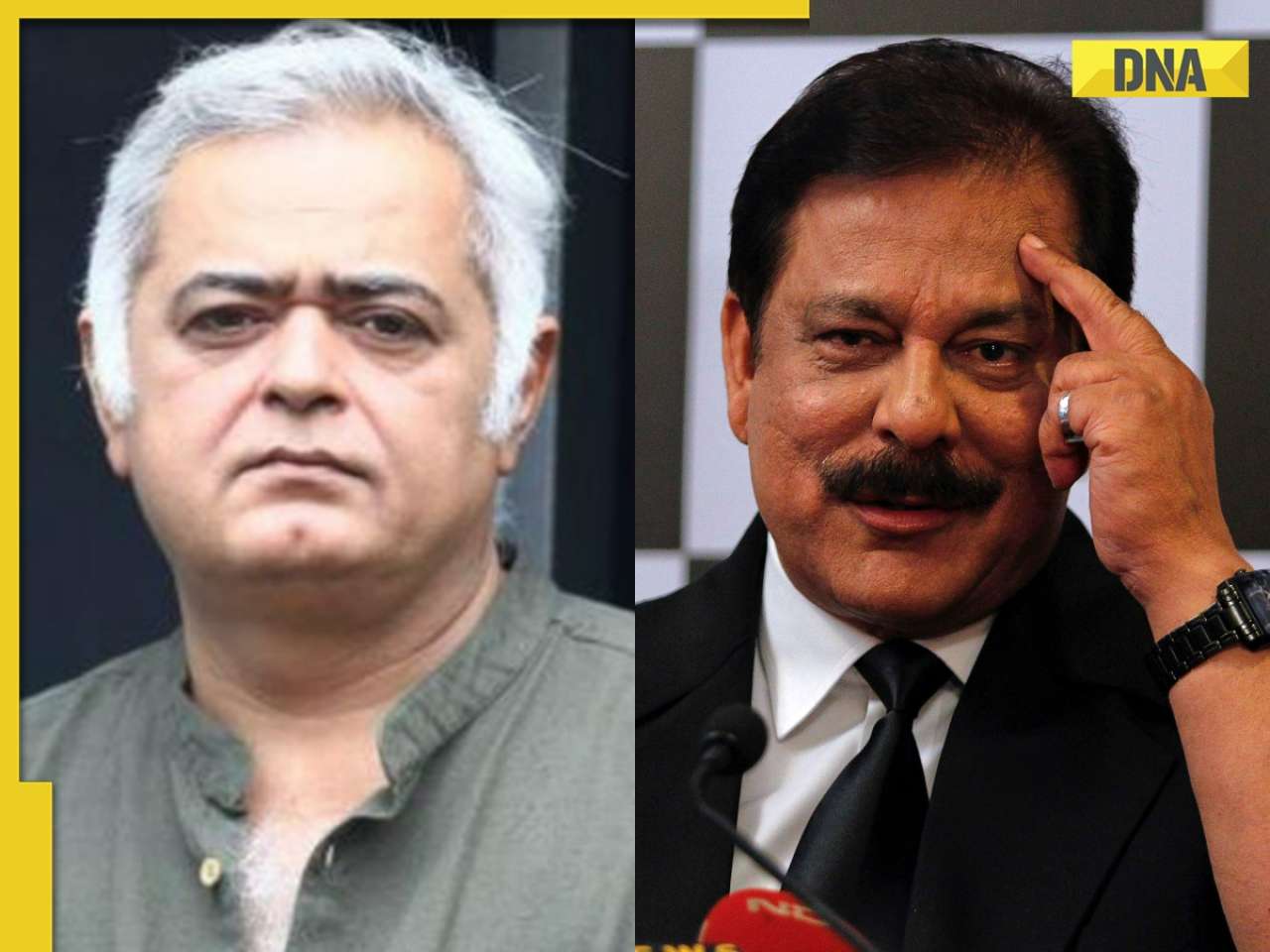

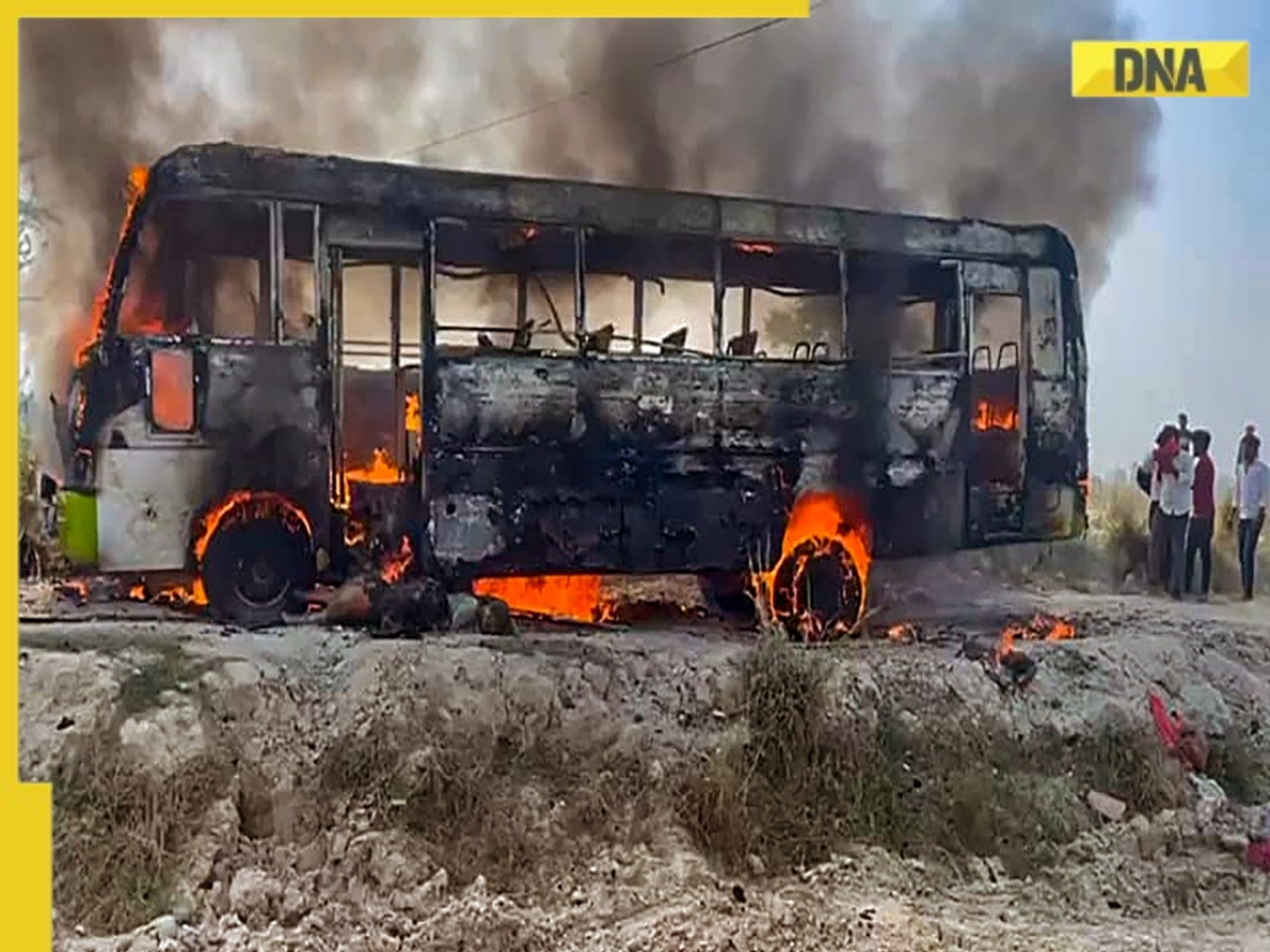


























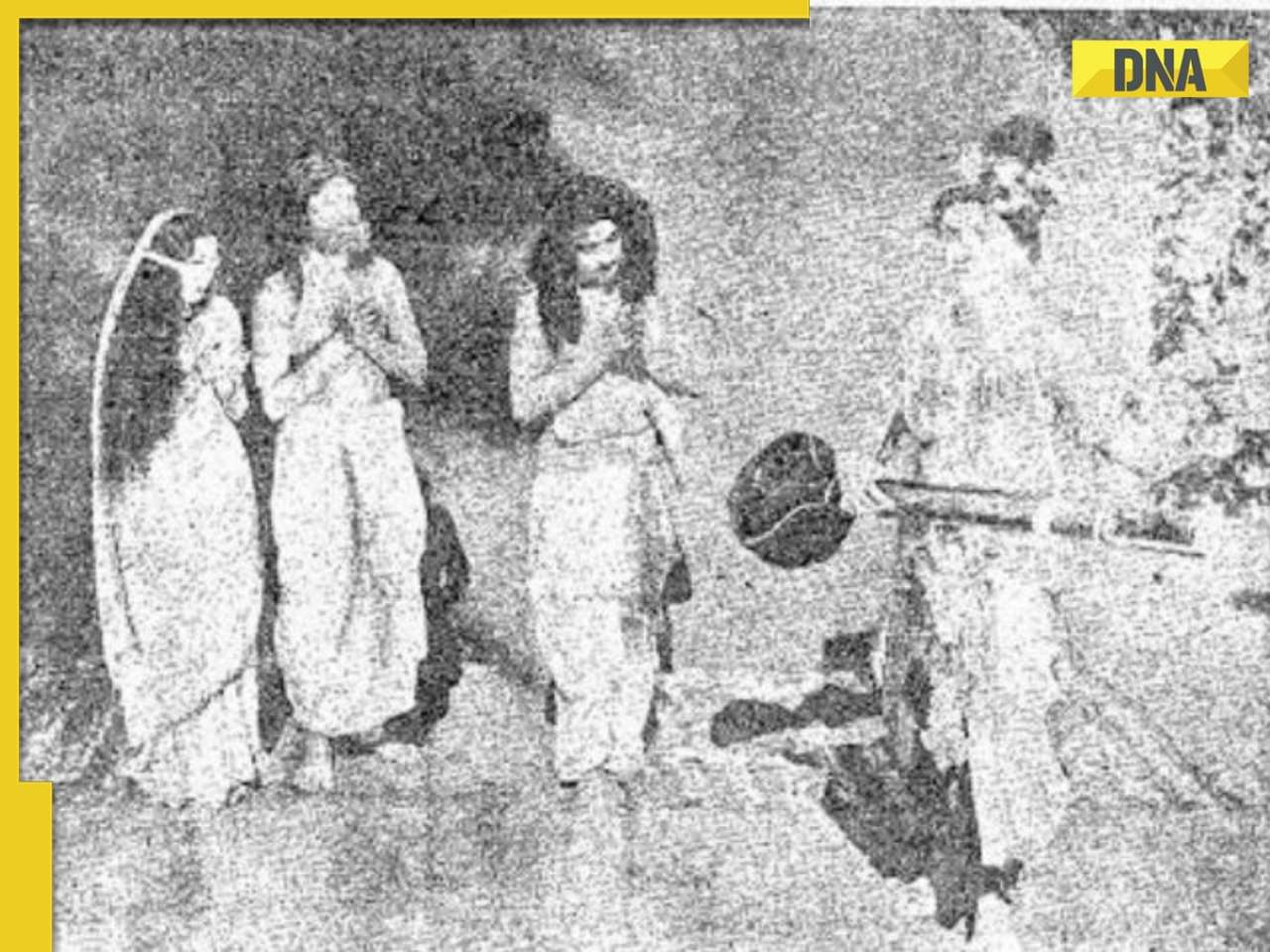


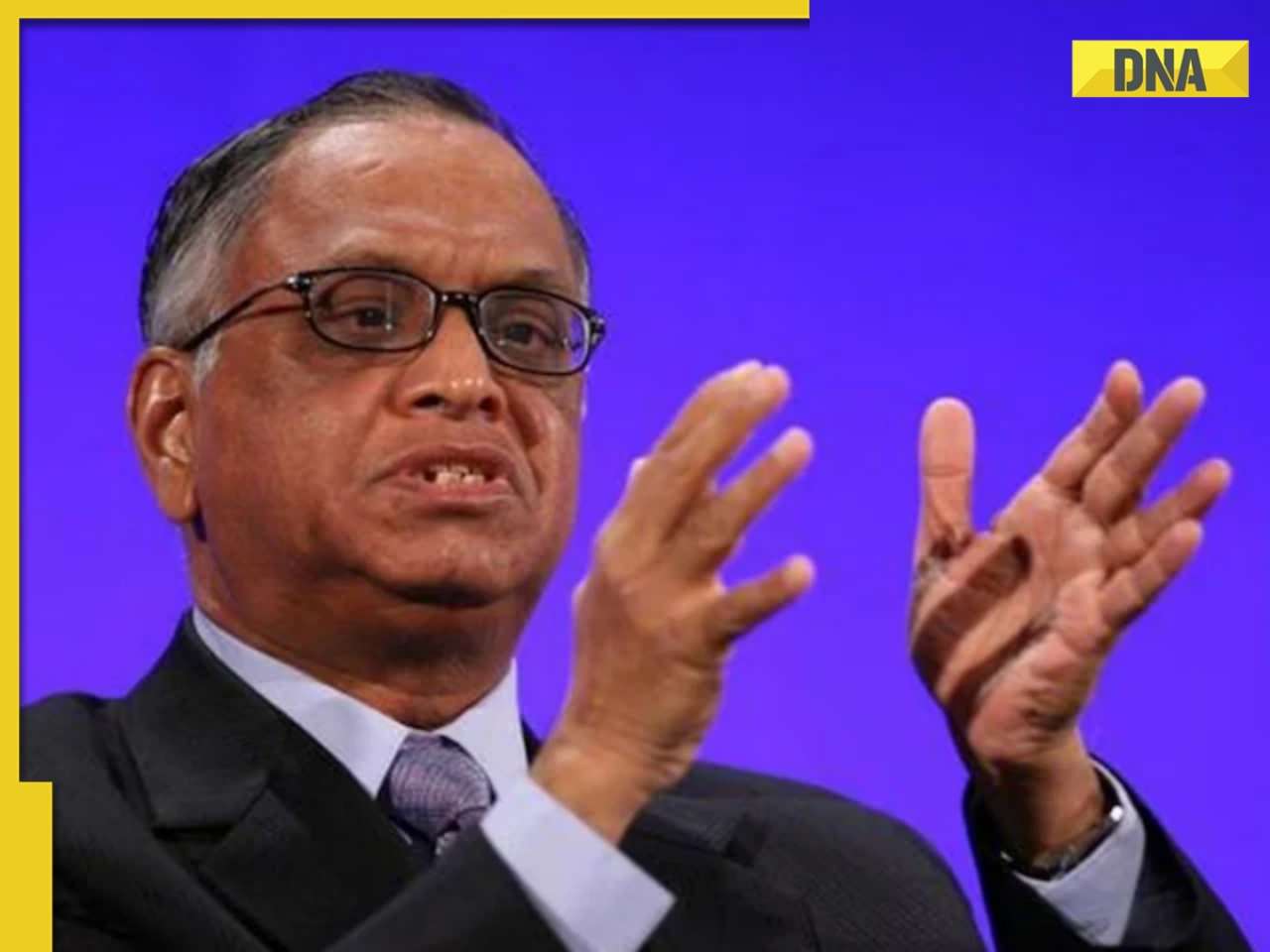

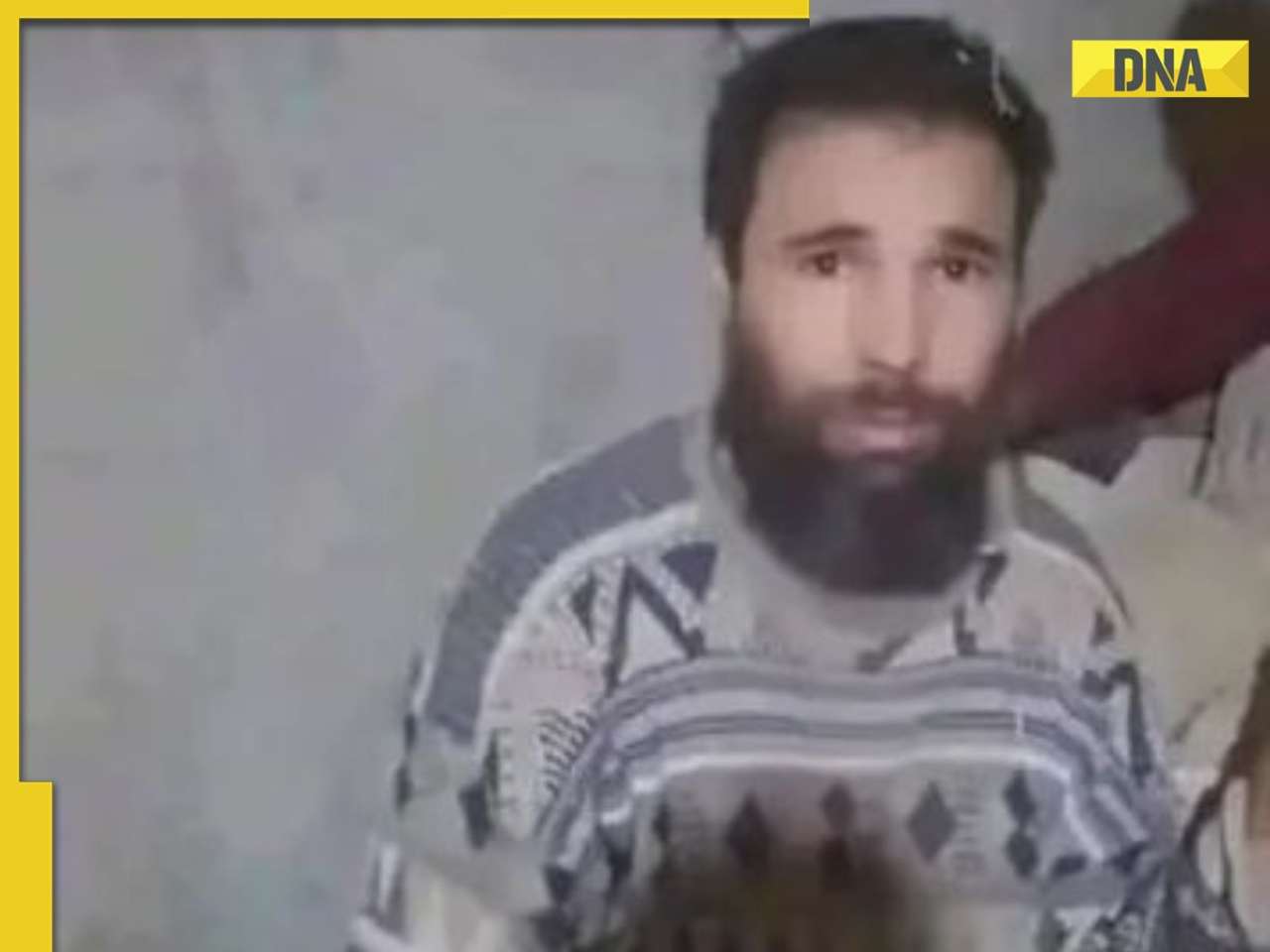

)





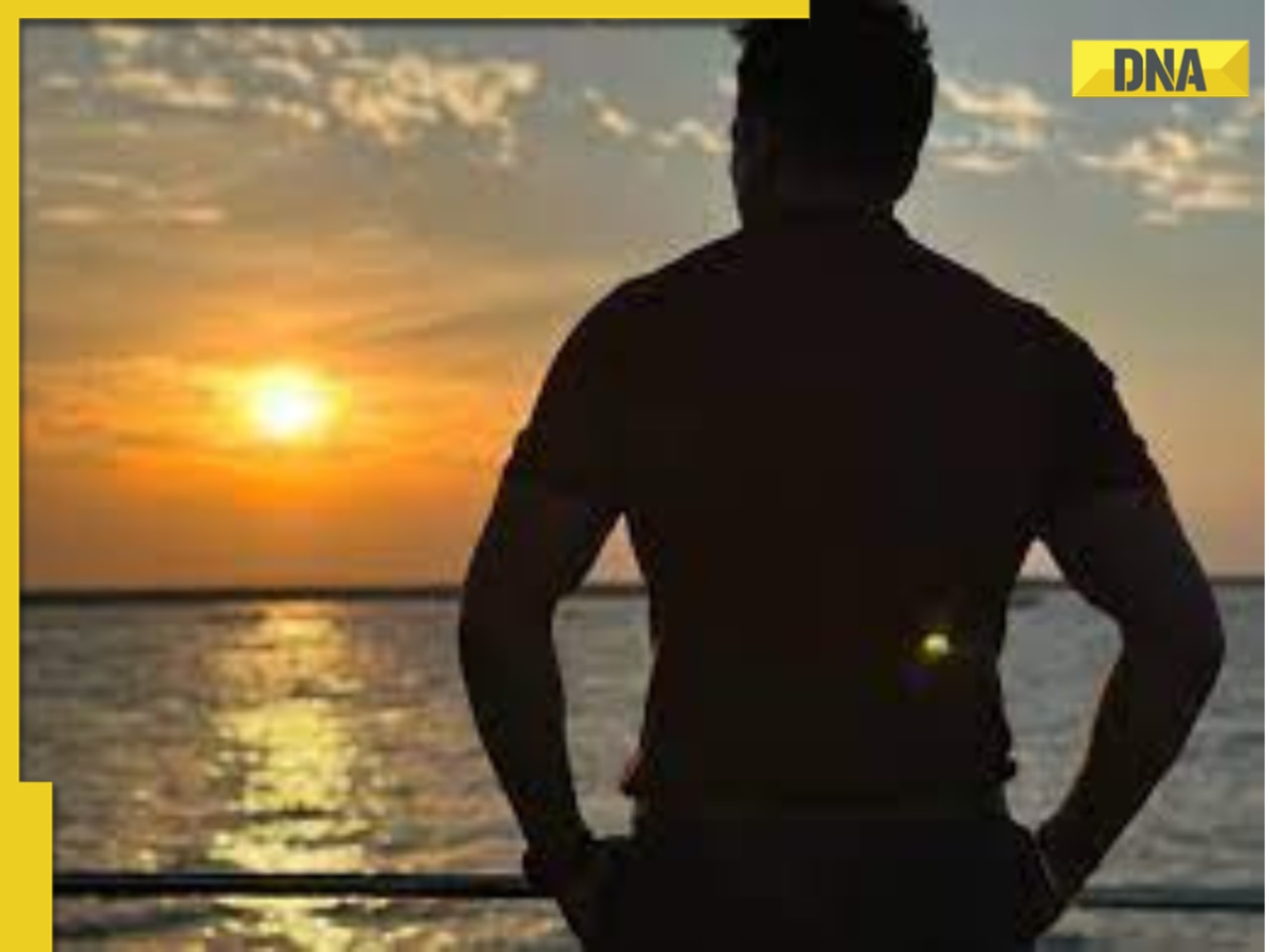






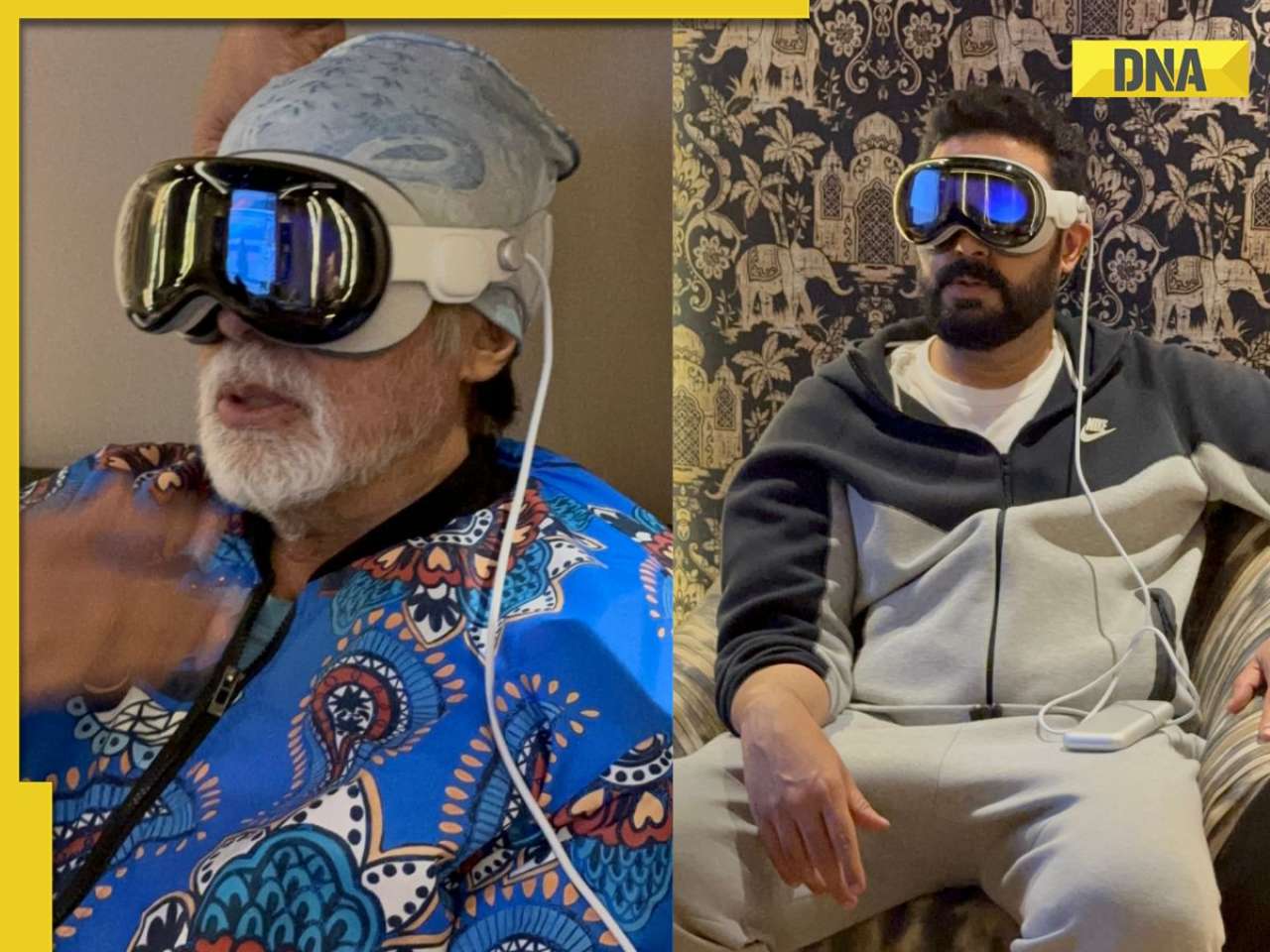




)
)
)
)
)
)